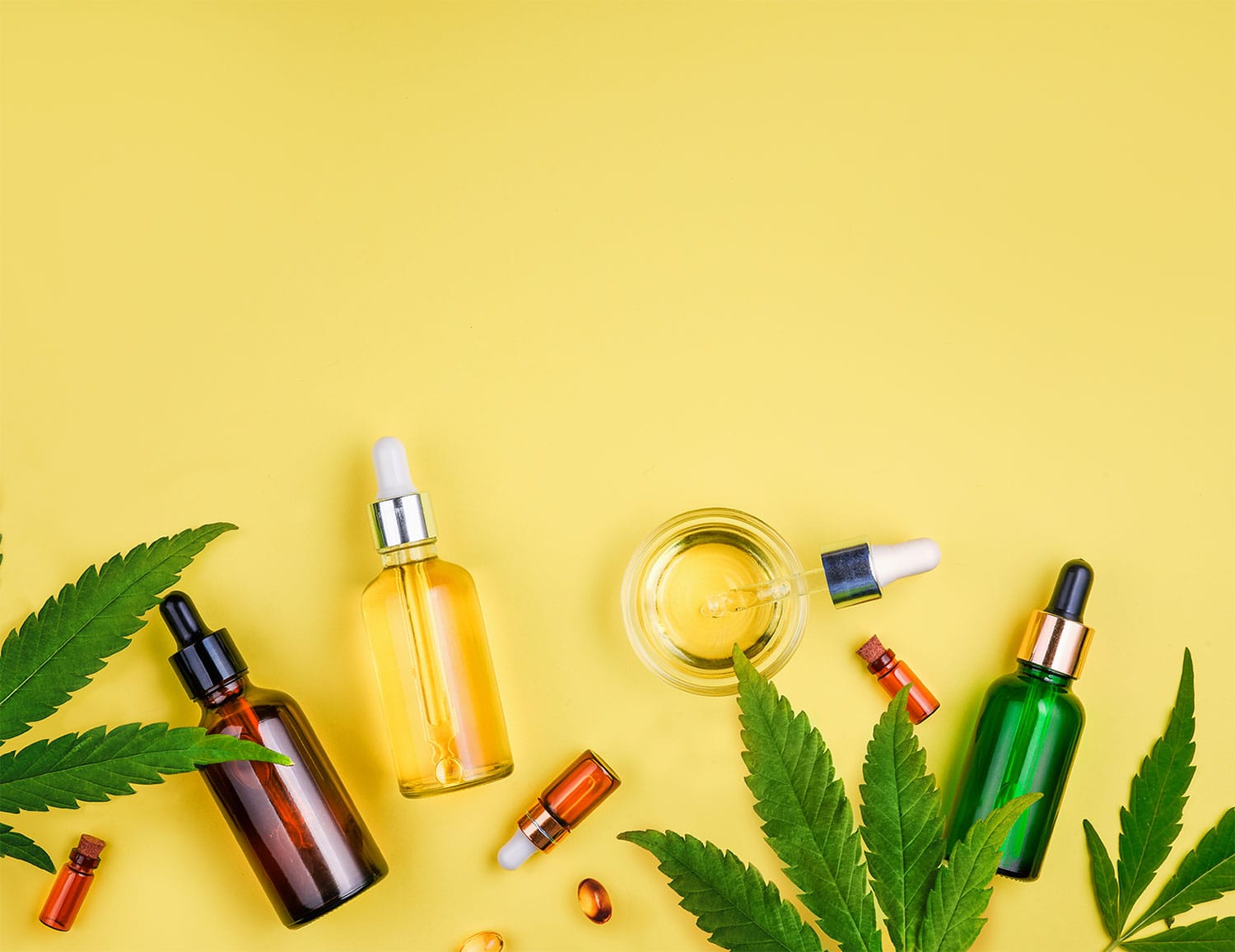IF YOU’VE SCANNED THE SHELVES at a convenience store or drugstore over the last couple of years, you’re likely to have spotted items that are advertised as containing cannabidiol (CBD), one of many molecules synthesized by the cannabis plant.
Along with CBD, the other main cannabinoid is tetrahydrocannabinol (THC). THC produces the “high” often associated with cannabis usage, while CBD is not intoxicating. In fact, there is some evidence that CBD might mitigate the intoxicating effect of THC when the two are taken in combination in certain ratios, although more research is required to confirm this association.
It’s important to distinguish between products containing THC and CBD. “CBD and THC are very different substances,” says Tomasz Dzierżanowski, head of the laboratory of palliative medicine at the Medical University of Warsaw in Poland. “CBD is an anti-convulsant without any psychoactive effect. Both THC and CBD bring on pain relief.”
Content Warning
In November 2019, the U.S. Food and Drug Administration advised consumers that food items and dietary supplements containing cannabidiol (CBD) are illegal. The agency is still working to answer questions about potential health risks, but for the time being it warns of unproven medical claims made about CBD products.
In addition to those properties, CBD could provide relief for symptoms of nausea, which can have a significant effect on daily life for cancer patients who receive chemotherapy. Low doses of CBD have been effective against nausea and vomiting in animal studies, and a clinical trial is underway to determine whether a combination of CBD and THC could provide a similar benefit to humans.
Dzierżanowski recommends being wary of any claims about the potential curative effects of CBD or THC. Research is ongoing, but at this time anti-tumor effects of CBD demonstrated in certain lab tests have not carried over into human studies, according to Dzierżanowski. “Although there is a theoretical rationale for the anti-cancer effect of CBD, the evidence does not support it,” he says.
Cancer Today magazine is free to cancer patients, survivors and caregivers who live in the U.S. Subscribe here to receive four issues per year.





